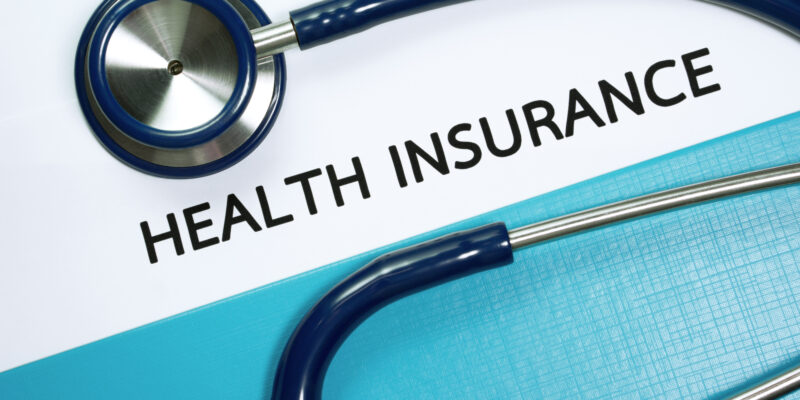The Healthcare Providers Association of Nigeria (HCPAN), Lagos State Chapter, has raised a red flag over Nigeria’s alarmingly low health insurance coverage, revealing that more than 190 million Nigerians remain uninsured—despite over two decades of government-led efforts to achieve Universal Health Coverage (UHC).
This concern was raised during HCPAN’s Midyear Extraordinary General Meeting and Capacity Building Programme held in Lagos, themed: “Appraisal of Health Insurance Coverage in Nigeria: Business Opportunity for Healthcare Providers.” The event brought together stakeholders from both public and private sectors to dissect the current state of health insurance and forge a path forward.
In her opening remarks, HCPAN Lagos Chairman, Pharm. Abiola Paul-Ozieh, described the situation as a “national embarrassment.”
“It is both disheartening and unacceptable that after over twenty years of health insurance in Nigeria, more than 90 percent of our population remains uncovered. We cannot achieve universal health coverage with this level of exclusion,” she said.
Paul-Ozieh urged the National Health Insurance Authority (NHIA) and all tiers of government to harmonise federal and state policies, intensify public awareness, and demonstrate leadership in actual implementation.
“Nigerians are tired of beautiful policies on paper. They want leadership in action—transparency, accountability, and measurable results,” she added.
Echoing her concerns, HCPAN National President, Dr. Austin Aipoh, criticised the weak enforcement of the NHIA Act, which mandates compulsory health insurance for all Nigerians.
“The Act exists, but enforcement is practically non-existent. As a result, families continue to bear the full cost of illness, pushing millions deeper into poverty,” Aipoh said.
“We need sustained funding, a nationwide public education drive, and—most importantly—the political will to enforce the law in both spirit and letter.”
While commending the NHIA’s recent upward review of provider tariffs, Aipoh warned that rising inflation and economic instability are eroding any gains made.
Delivering the keynote address, Dr. Kalada Richard, Registrar of the Institute for Healthcare Finance and Management, painted a stark picture of Nigeria’s health insurance gap, calling it both “a public health tragedy and a wasted economic opportunity.”
“We’re a nation of over 200 million people, yet barely 20 million are covered. That leaves close to 190 million paying out-of-pocket. That’s not just a huge burden for families; it’s a missed business opportunity for providers and insurers alike,” he noted.
Richard called for flexible, tech-driven, community-based insurance models to include Nigeria’s vast informal workforce. He also pushed for targeted subsidies for the poor and vulnerable populations.
Chairman of the event and Chief Medical Director of St. Rachael Hospital, Lagos, Dr. Anthony Omolola, highlighted public distrust as a major reason for low enrolment.
“When people pay and can’t access care, they lose faith in the system. To make health insurance work, the NHIA must restore public confidence through transparency, responsiveness, and quality service delivery,” he said.
The event concluded with a unified call for stronger collaboration between public and private stakeholders. Attendees urged the NHIA to roll out a nationwide enrolment drive, adopt digital tools for registration and claims processing, and actively involve healthcare providers in policy development and monitoring.
Healthcare providers at the forum reaffirmed their commitment to building a sustainable health insurance system—one that not only guarantees access to care but also delivers value, dignity, and peace of mind for all Nigerians.

Comments